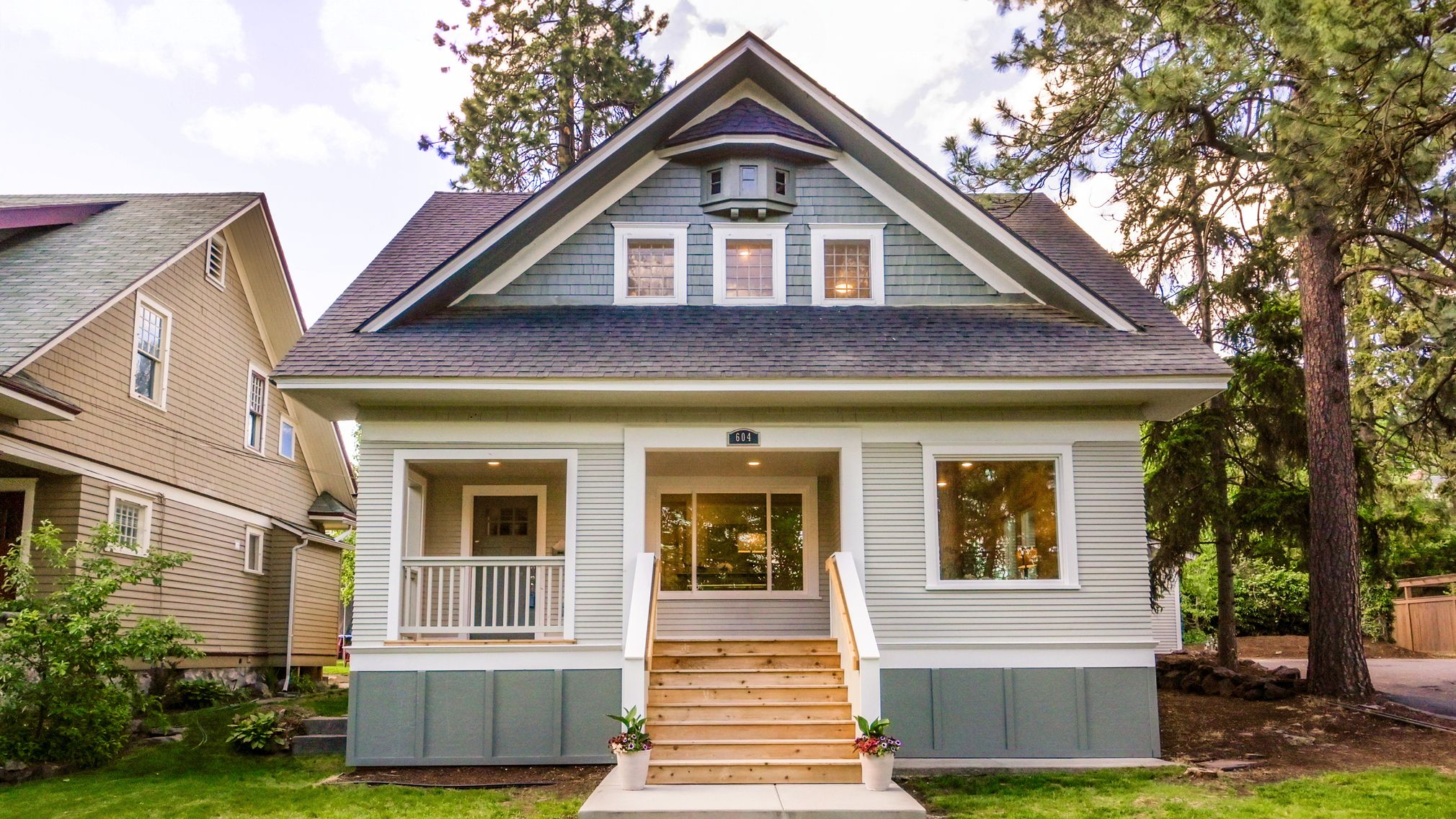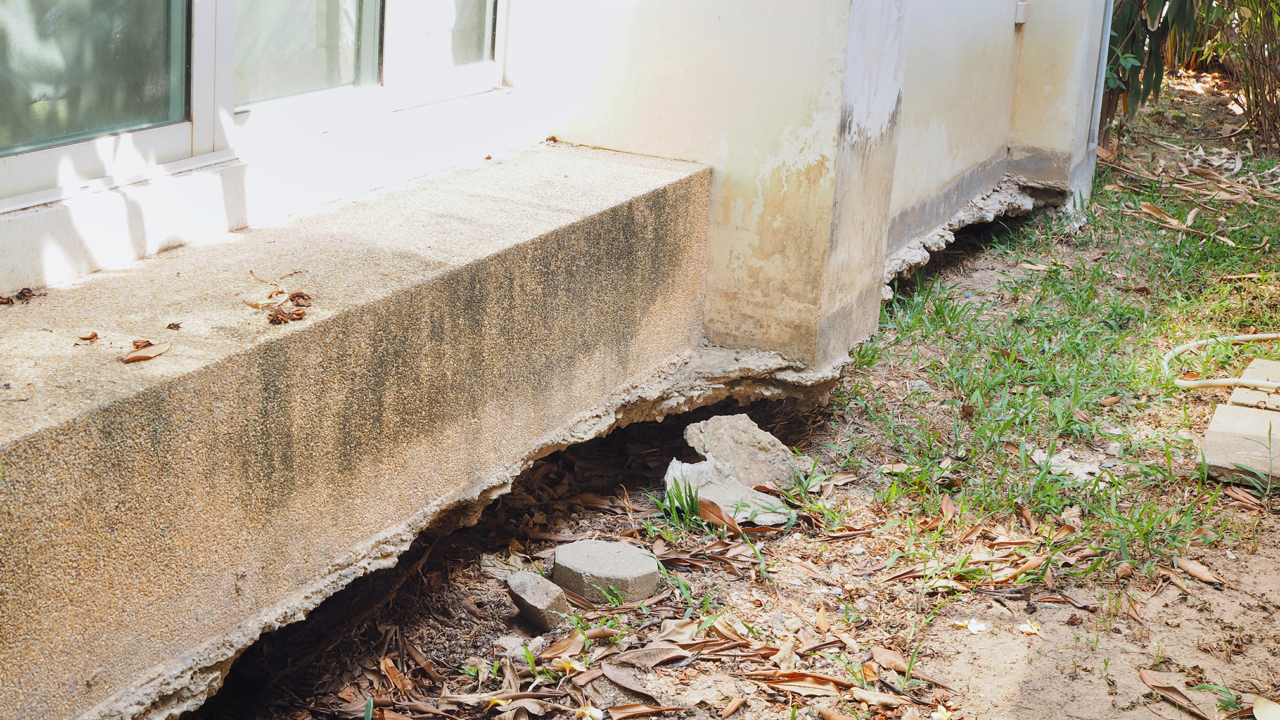How to Buy a House Contingent on Selling Yours


Written by Alycia Lucio on March 10, 2025
Key takeaways
- A home sale contingency allows you to make a purchase offer dependent on selling your current home first.
- Contingencies reduce financial risk but can weaken your offer in competitive markets.
- Alternatives to buying a home contingent on selling include a bridge loan, HELOC, or renting out your current home.
Buying a new house while trying to sell your current one can feel unsettling, almost like walking a tightrope. It’s a delicate balancing act with many moving pieces—you want to sell your current home, but not before you buy a new one. A home sale contingency allows you to make an offer on a new home and back out of the deal if your current home doesn’t sell.
You’re not alone when it comes to making a house with a contingency offer. The majority of seller-buyers reported in a 2024 Zillow survey that they sold first and then bought.
Let’s talk about what a home sale contingency is, how to include a sales contingency in your offer, and how it can help you make a smoother transition into your forever home.
What is a home sale contingency?
A home sale contingency is a clause written into a buyer’s offer on a new home, stating that the purchase depends on the successful sale of the buyer’s current home. This real estate contingency protects buyers by ensuring that if the current home doesn't sell, the buyer can back out of the deal—thereby avoiding the financial risk of owning two homes or having to manage two mortgage payments simultaneously.
Contingencies are a common part of real estate transactions. Among buyers surveyed, 82% said their offer included at least one contingency and 23% included a contingency to sell their old home first. When you’re relying on the proceeds from the sale of your home or want to avoid the uncertainty of living in a short-term rental until you find a new home to buy, a home sale contingency can be a lifesaving tool. Understanding and using contingencies can help you maximize your position as both a buyer and a seller.
5 steps to buying a home contingent on selling yours
Evaluate your current home’s marketability
Understanding how quickly your home might sell is essential when planning the time of your purchase. Don’t make any moves without assessing your current home’s value and appeal in the market. Be sure to do your research on the local market as well—is it a buyer or seller’s market? A low inventory of houses on the market can make it easier to list your home confidently and speed up the process.
Work with an experienced agent
Maximize the value of your home by working with an experienced agent — they have tons of knowledge on how to increase your home’s sale potential. From pricing and staging to repairs, little details make a big difference when a property is listed on the market.
List your current home first
When it comes to successfully executing a contingent offer, timing is everything. By listing your current home before making an offer on a new one, you’re demonstrating a commitment to selling. For a smooth transition from start to finish, aim for concurrent closings. By coordinating the sale of your current home with the purchase of your new home, you can reduce financial risks.
Make your contingent offer attractive
To show sellers you’re serious about the deal, make sure you get pre-approved for a mortgage. Sellers are more likely to consider your offer if you’re financially prepared and ready to make a move — plus, it gives you a better understanding of how much you’ll be able to afford after selling your current home. You should also consider a contract-to-close timeline. By including a detailed timeline for your sale, sellers will see a step-by-step plan which can oftentimes make them more likely to accept your contingency offer. Remember to always be upfront with the seller because transparency builds trust. Explain your situation and how you’ve already started the sales process for your home. For added appeal, offer a higher deposit or reduce extra contingencies (if possible).
Have a contingency plan
When it comes to selling a house and buying another, obstacles often arise. If your offer with the home sale contingency isn’t accepted, you might need a plan B:
- Bridge financing: A bridge loan is a short-term option that allows you to purchase a new home before your current home sells..
- HELOC: A home equity line of credit (HELOC) is a type of loan that lets you tap into your home equity for immediate funds or moving expenses while waiting for your home to sell.
- Adjust your strategy: Consider renting out your current home temporarily or exploring other contingency options, like a kick-out clause, which allows sellers to continue marketing their property while waiting for you to sell.
- Piggyback mortgage: Provides a first and second mortgage simultaneously, covering eighty percent of the home’s purchase price, which helps buyers avoid private mortgage insurance while also making a down payment under twenty percent.
- Low-down payment loans: To qualify for a low-down payment mortgage, you need to have move time flexibility, a strong credit score and a low debt-to-income ratio. The lender will add your current mortgage payments to your monthly debt to determine your debt-to-income ratio. This ratio compares your monthly recurring payments to your gross monthly income. A low debt-to-income ratio ensures that even with a smaller down payment, your monthly obligations remain manageable.
If all else fails, it’s important to stay positive. 50% of home sellers say they’ve had at least one offer fall through during the home purchasing process — don’t despair, another opportunity is always just around the corner.
Final thoughts
Buying a new house contingent on selling yours can be intimidating, but it’s very common. Be sure to establish a well-executed plan and find a good agent to guide you through the process. We have a great team of Premier Agent partners ready to connect. They can provide local expertise and guide you through every stage of the process, including helping you create a straightforward contingency sale that gets you steps closer to your dream home.
How much home can you afford?
At Zillow Home Loans, we can pre-qualify you in as little as 5 minutes, with no impact to your credit score.
Zillow Home Loans, NMLS # 10287. Equal Housing Lender
Get pre-qualifiedA great agent makes all the difference
A local agent has the inside scoop on your market and can guide you through the buying process from start to finish.
Learn more


